Written by Suzana Anghel, Izabela Bacian, Ralf Drachenberg, Annastiina Papunen,

Established as an informal summit meeting in 1975, the European Council became a formal European Union institution, with a full-time President, in 2009, on the entry into force of the Treaty of Lisbon. It consists of the Heads of State or Government of the 27 EU Member States, the President of the European Council and the President of the European Commission (Article 15(2) of the Treaty on European Union (TEU)). The latter two individuals have no voting rights. Meetings of the European Council are normally also attended by the High Representative of the Union for Foreign Affairs and Security Policy. The President of the European Parliament is ‘invited to speak’ as the first item on the European Council’s agenda, followed by an exchange of views (Article 235(2) of the Treaty on the Functioning of the EU (TFEU)). At its formal meetings, normally four per year, the European Council adopts ‘conclusions’ that are aimed at identifying policy priorities and action to be taken by the Union as a whole.
The European Council’s role is to ‘provide the Union with the necessary impetus for its development and define the general political directions and priorities’ (Article 15(1) TEU). It cannot exercise legislative functions. At the beginning of the 2014-2019 and the 2019-2024 institutional cycles, the European Council also adopted an agenda of strategic priorities, designed to guide the work of the European Union over the five-year period.
With the EU only just coming out of a period of economic and financial crisis and unemployment still at a high level, the 2014-2019 strategic agenda made economic issues the top priority. Subsequently, unprecedented domestic and global challenges, and notably the prospect of the UK’s withdrawal from the EU (combined with a rise of populism and anti-EU sentiment), have triggered a debate on the future of Europe. As a result, previous objectives have been somewhat re-shaped in order to respond more effectively to public expectations and concerns, as well as to bind the EU-27 closer together. EU leaders thus used the occasion of the 60th anniversary of the Rome Treaties in March 2017 to issue a finely-tuned set of policy orientations for the Union for the next 10 years. The Rome Agenda encompasses four broad chapters − a safe and secure Europe, a prosperous and sustainable Europe, a social Europe and a stronger Europe on the global scene − which should shape the action of the Union over a decade.
Reflecting the orientations set in the Rome Declaration, the new 2019-2024 strategic agenda, adopted by the Heads of State or Government at their meeting in June 2019, defines migration and the protection of citizens as the top priorities for action in the upcoming five years. Then, comes the development of a stronger economic base, including the fight against unemployment, followed by climate change and social issues. Finally, it looks to increase the EU’s influence and defend its interest in the world. The four core priorities set out in the 2019-2024 strategic agenda broadly correspond to the concerns of EU citizens, as indicated by the most recent standard Eurobarometer.
The outbreak of the coronavirus pandemic in early 2020 and the prospect of a protracted economic recession of an unknown length and severity has, however, prompted EU Heads of State or Government to review the above priorities in order to provide for a coordinated approach and joint action to tackle the crisis. At their first video-conference dedicated to the management of the health crisis, on 10 March 2020, the 27 EU Heads of State or Government, alongside the Presidents of the European Commission and the European Central Bank and the High Representative of the Union for Foreign Affairs and Security Policy, agreed to work together along four main axes, with a view to: 1) limiting the spread of the virus; 2) providing medical equipment; 3) promoting research, for instance on development of a vaccine; and 4) tackling the socio-economic consequences of the crisis. The EU leaders underscored the need for a joint European approach and close coordination with the European Commission in combating the pandemic.
While the European Council endorsed the proposals made by the Commission to tackle the immediate social and economic consequences of the health crisis, at their meeting on 23 April 2020, EU leaders were not able to agree on a common vision for a recovery fund to address the long-term consequences of the crisis. The Commission was therefore tasked with preparing a revised Multiannual Financial Framework (MFF), to establish a link to the recovery fund. The European Council President, Charles Michel, underlined that EU leaders remained ‘committed to giving the necessary impetus to work on the recovery fund as well as the MFF, so that a balanced agreement on both can be found as soon as possible’.
Given the serious human consequences of the health crisis, the lack of overall preparedness in combatting the epidemic across the EU and the lack of coordination among Member States at the start of the virus outbreak have been criticised. And indeed, EU leaders have acknowledged that the EU needed to become better at ‘developing its executive capacity and at managing crises in a coordinated fashion’.
In addition to its horizontal priority-setting role, as defined in Article 15(1) TEU, the European Council is also tasked with identifying the Union’s strategic interests, determining the objectives of, and defining general guidelines for common foreign and security policy (Article 26 TEU). Following a request by EU leaders, the then High Representative, Federica Mogherini, presented an EU global strategy, which the European Council welcomed in June 2016. The strategy sets five broad priorities for the EU external action in coming years: the security of the Union, state and societal resilience to the East and South, an integrated approach to conflict and crisis, cooperative regional orders, and global governance for the 21st century.
The European Council furthermore defines the strategic guidelines for legislative and operational planning in the area of freedom, security and justice (Article 68 TFEU). For the period until 2019, the priorities for the European Union in the area of freedom, security and justice, were to ‘better manage migration in all aspects; prevent and combat crime and terrorism; [and] improve judicial cooperation among EU countries’. Following the outbreak of the migration crisis, and a series of terrorist attacks on European soil, key strategic documents, notably the European agenda on security and the European agenda on migration, were adopted in 2015, either at the request or with the endorsement of the European Council. A new set of ‘strategic guidelines for legislative and operational planning’ were expected to be adopted by the European Council at its meeting of 26‑27 March 2020. Since the meeting had to be postponed following the coronavirus outbreak, the adoption of these guidelines will probably occur later in the course of the year.
The European Council has also to ‘consider each year the employment situation in the Union and adopt conclusions thereon, on the basis of a joint annual report by the Council and the Commission’ (Article 148 TFEU).
Its decisions are taken mainly by consensus, but in certain cases, the European Council can also decide by qualified majority. For example, the President of the European Council is elected by qualified majority vote for a once-renewable term of two and a half years. The President’s role is ‘to ensure the preparation and continuity of the work of the European Council in cooperation with the President of the Commission’, chair its meetings, ‘facilitate cohesion and consensus within the European Council’, and to ensure ‘the external representation of the Union on issues concerning its common foreign and security policy, without prejudice to the powers of the High Representative of the Union for Foreign Affairs and Security Policy’ (Article 15(5) TEU). The first two full-time Presidents of the European Council, Herman Van Rompuy and Donald Tusk, served five years each between 2009 and 2019. The third permanent President of the European Council, Charles Michel, began his mandate at the beginning of December 2019.
While not directly accountable to the European Parliament, the President of the European Council presents a report to the Parliament after each meeting of the Heads of State or Government (Article 15(6)(d) TEU). Usually this takes the form of a declaration in person, followed by a plenary debate.
As a result of both the UK’s decision to leave the Union and the Leaders’ Agenda proposed by European Council President Donald Tusk in 2017, aimed at ‘reinvigorating and enriching’ the institution’s work ‘by engaging directly on politically sensitive issues’, the working method and formations of the European Council have evolved substantially. In recent years members of the European Council have met in five different formats:
- the EU-27, previously EU-28, Heads of State or Government meet quarterly in the regular European Council meetings;
- from 2016 to 2019, the EU-27 (leaders of all the 28 EU Member States except the UK) met, first informally and then, from April 2017, in the European Council (Article 50) format, to discuss Brexit;
- the EU-27 or EU-28 have in recent years held informal summits at least twice a year;
- the EU-27 or EU-28 for two years from October 2017 participated in Leaders’ Meetings;
- the EU-27 (leaders of all the 28 EU Member States except the UK) have met in several inclusive Euro Summits. Participation in Euro Summits is usually restricted to the leaders of euro-area countries, but the President of the Euro Summit (currently also President of the European Council) can invite other leaders as well.
‘Leaders’ meetings’, which are designed to enable a leaders’ discussion to take place on a specific topic, are a key feature of the ‘Leaders’ Agenda’. Unlike regular European Council meetings, such discussions are based, not on draft conclusions, but on short notes prepared by the President. The idea is to have an open, relatively unstructured debate on controversial but highly consequential issues, with a view to facilitating agreement at a follow-up European Council.
The 2019-2024 strategic agenda was prepared in very much the same way, by using the working method developed under the Leaders’ Agenda. Just ahead of the 2019 European elections, the EU‑27 met on 9 May 2019 in the Romanian city of Sibiu to assess the implementation of previous policy objectives and to reflect informally on future EU action over the coming five years. The EU leaders’ discussion was informed by President Tusk’s Leaders’ Agenda note, ‘Strategic agenda 2019-2024 – Outline’, which provided a first overview of the topics for future action. The 2019-2024 strategic agenda was then adopted at the June 2019 formal European Council.
At the first European Council that he chaired in December 2019, Charles Michel explained how he envisaged the future work of the European Council would be carried out, and presented his colleagues with an ‘indicative agenda’ for its work over coming years. Moreover, in his remarks following the European Council meeting in December 2019, President Michel also stressed that a concerted agenda, coordinated between the institutions (Council, Commission, Parliament), would be a key element in advancing the European project.
The EU Heads of State or Government see the strategic agenda as ‘the first step in a process that will be taken forward by the Institutions and the Member States’. The European Council announced that it ‘will follow the implementation of these priorities closely and will define further general political directions and priorities as necessary’.
Following the outbreak of the coronavirus pandemic and its severe economic, as well as social, impact, the most pressing issue for Heads of State or Governments will be to achieve a ‘political agreement’ on a revised long-term budget for the 2021-2027 period able to provide the necessary support for the revival of the European economy. Given the failure of the special European Council meeting of 20-21 February 2020 to reach such an agreement and in view of diverging views among Member States on the approach to funding through the Recovery Fund, finding consensus on the revised MFF could indeed prove challenging. When, and under what conditions, the European Council will reconvene to attempt to find an agreement has still to be decided.
Read the complete study on ‘Key issues in the European Council: State of play in June 2020‘ in the Think Tank pages of the European Parliament.

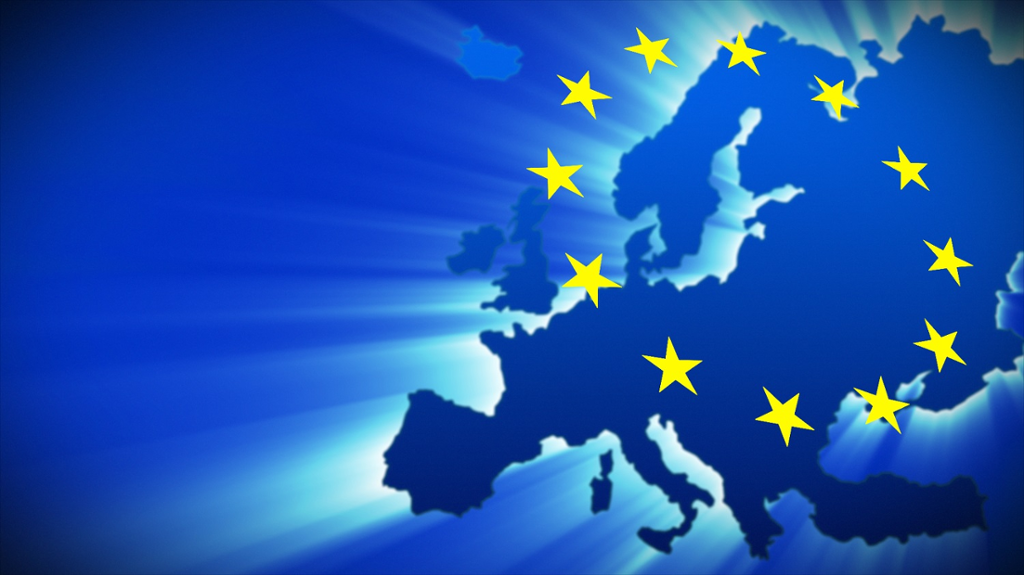
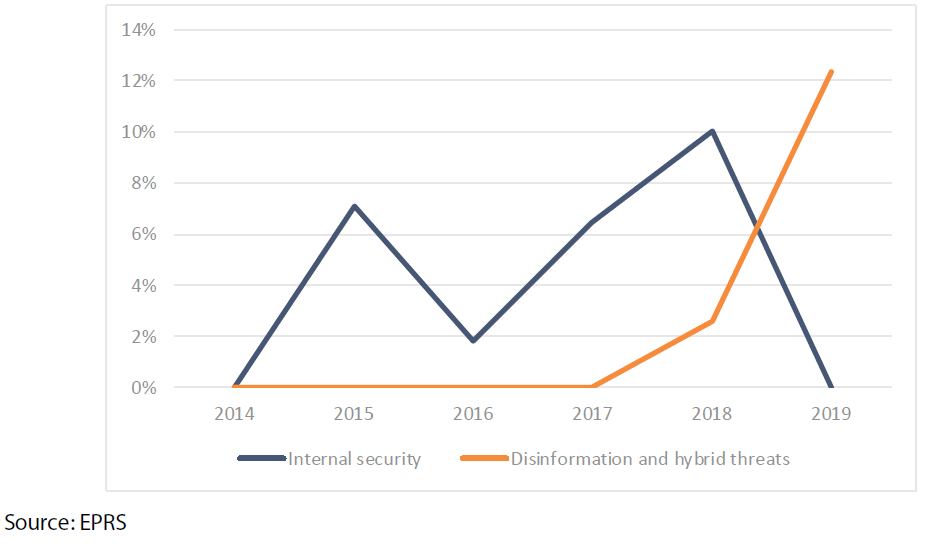
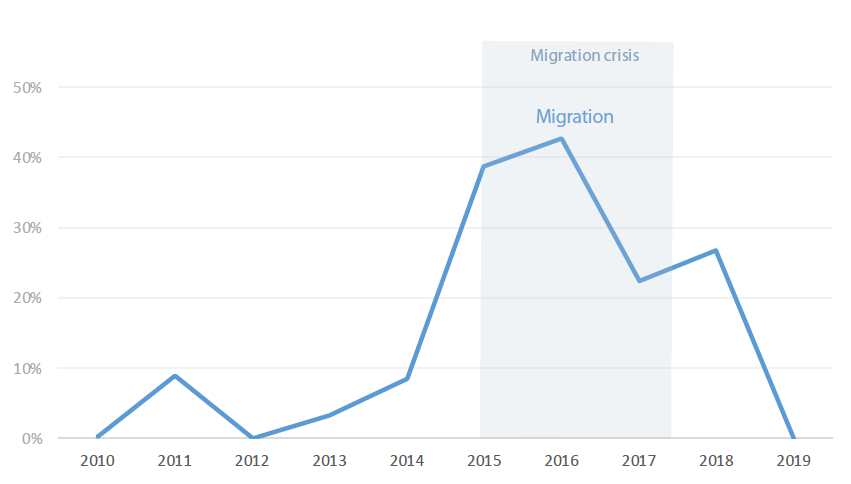
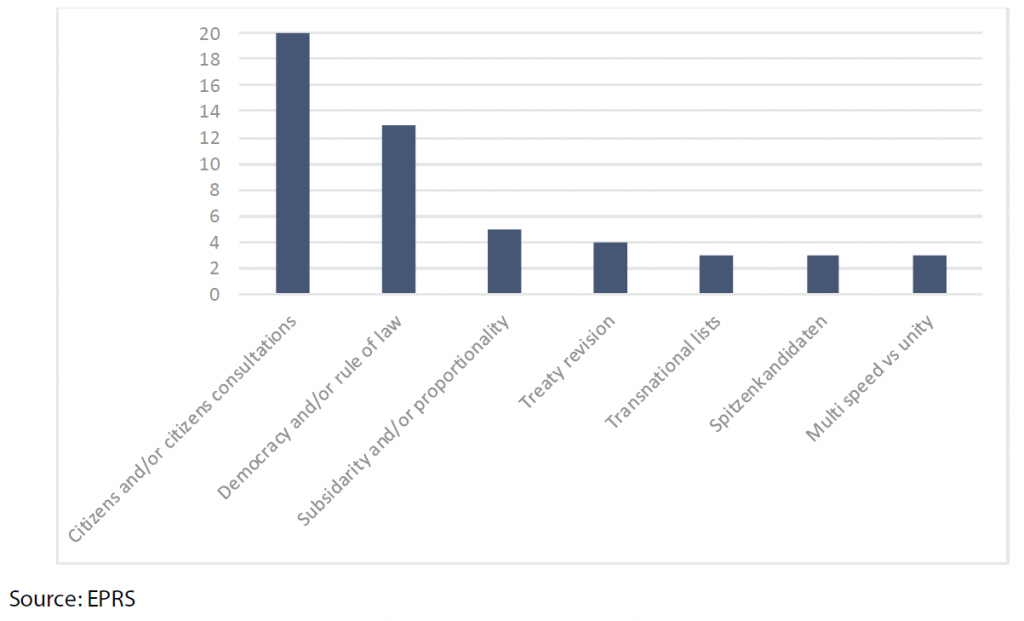

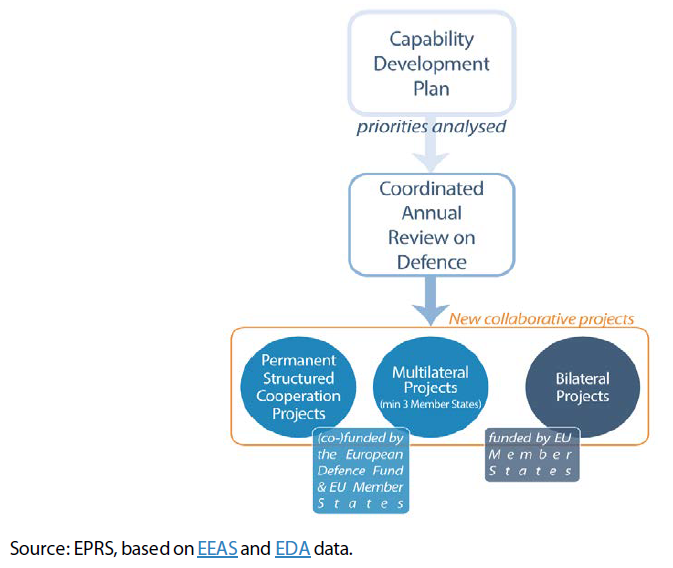






[…] […]